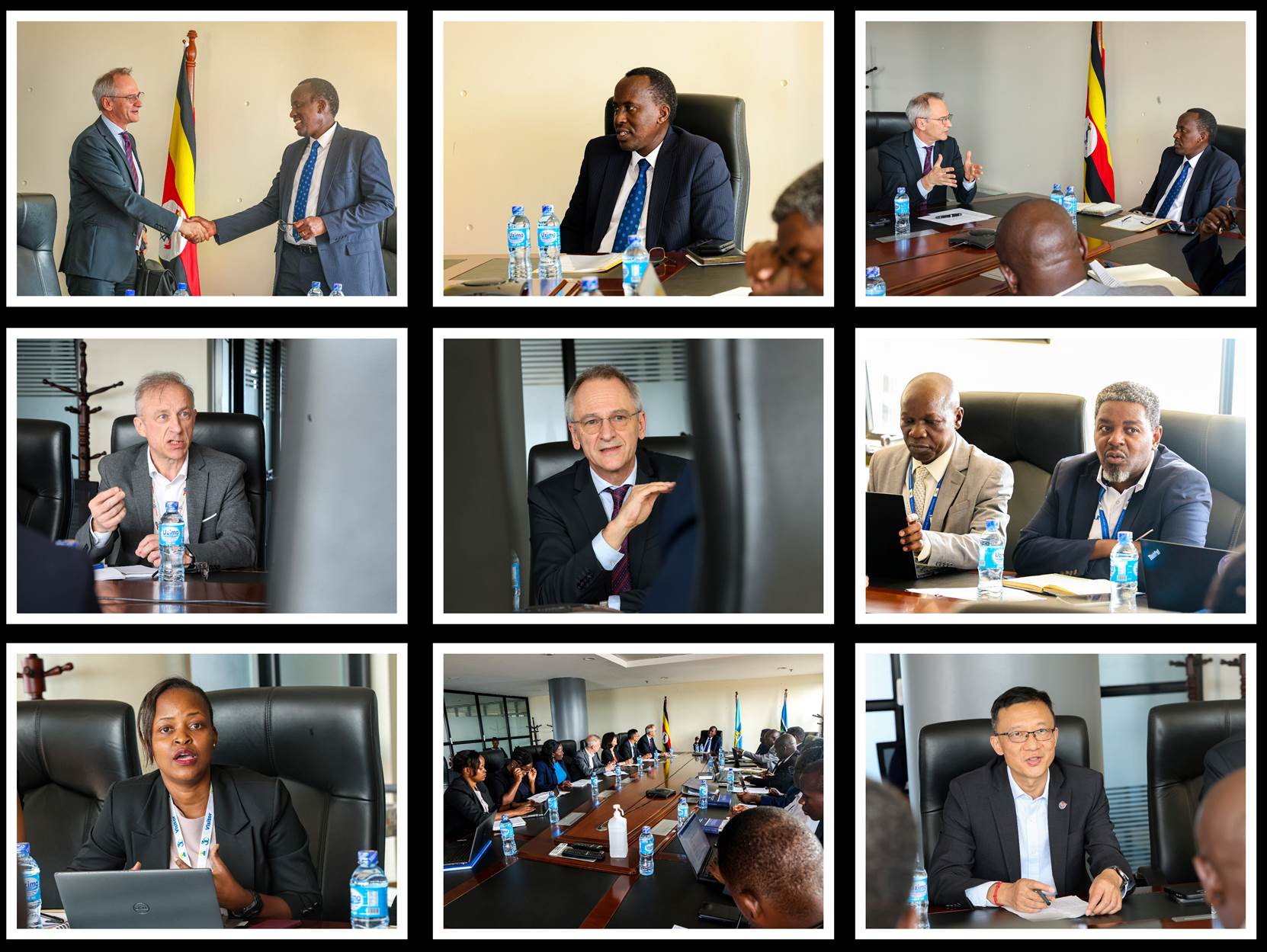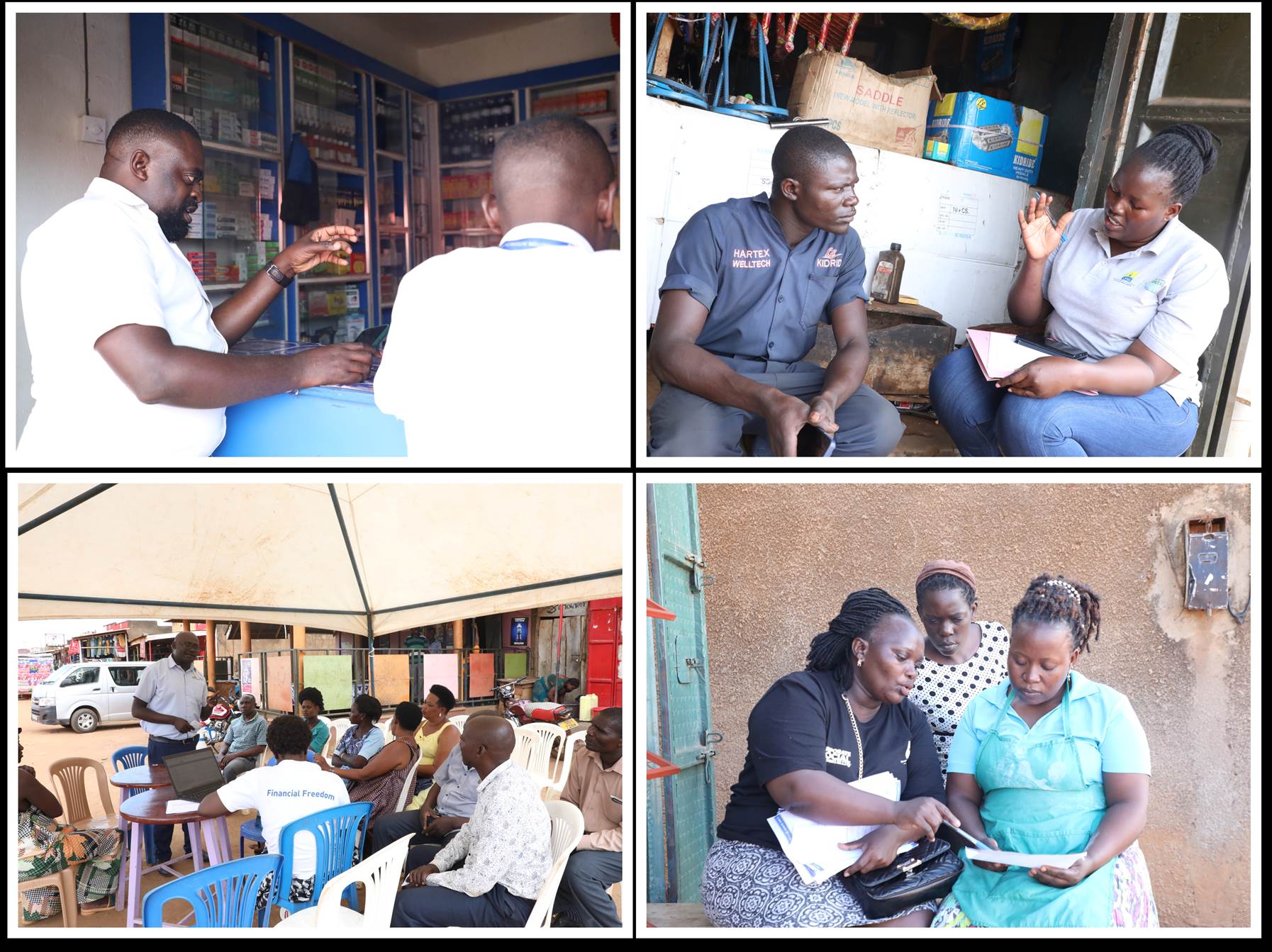By Rytter. K. Muzira
Meet Amina Nakakande, a tailor plying her trade in downtown Kampala. For years, Amina has operated her business informally, unaware of the benefits of tax compliance. To her, taxes were a distant concept and a reserve for larger businesses. One day, Amina attended a tax education workshop organized by the Uganda Revenue Authority (URA) in partnership with the Uganda Tailors Association. There and then, she learned how registering her business and paying taxes could open doors to government contracts and expand her clientele.
Today, Amina is not only a tax-paying government contractor but also an advocate for tax compliance who is encouraging other women in her community to see taxation as a stepping stone to growth but not a barrier.
Women indeed are at the heart of Uganda’s economy, driving entrepreneurship, agriculture, and trade. They sustain families, create jobs, and fuel local economies. Despite their contribution, many women remain outside the tax net, held back by fear, misinformation, or the perceived complexity of tax processes. According to the Trade Ministry, women own 35% of registered businesses, and their presence in informal trade is even higher. But how can taxation be transformed into an enabler rather than a burden for women?
Amina’s journey mirrors that of many women who, with the right support, are transforming their businesses through tax compliance. With URA facilitating compliance through education and simplified processes, more women are stepping into the formal economy.
This month, as the world celebrated International Women’s Day under the theme “Accelerate Action,” URA embraced the call with its own theme: “Making Taxes Work for You.” The tax body hosted events across three regions: Arua, Mbale, and Mbarara, offering over 500 women with interactive tax education sessions, panel discussions with successful women and networking opportunities. These gatherings provided women with insights into business formalization, tax compliance, and record-keeping—key tools for growing enterprises and competing effectively.
URA’s commitment to empowering women is not a single day endeavor. Recognizing the challenges women face, URA has embraced digital transformation to simplify tax processes. The introduction of the e-tax system, mobile money payment options, and real-time customer support has made it easier for women to register and pay taxes from their homes or businesses. Now, small business owners like Amina can fulfill their tax obligations from their homes or workplaces without bureaucratic bottlenecks.
URA is also implementing a much simplified presumptive tax regime, designed to address the unique challenges faced by women-led SMEs. This regime supports women who maintain financial records while accommodating those who struggle with bookkeeping, making tax compliance fairer.
At border points, where many women engage in cross-border trade, URA has gone a step further by providing storage facilities and organizing women traders into groups. These groups receive financial literacy training and gain collective bargaining power to lobby for funding and support through the Customs Women Traders Facilitation Initiative.
Additionally, by partnering with various women’s associations like the Uganda Women Entrepreneurs Association Limited (UWEAL), Twambuke Women Farmers and Manufacturers’ Association and the Institute for Social Transformation and Arise (IST), URA has integrated tax education into networks women already trust. These partnerships provide mentorship, knowledge, and a supportive community, empowering women to navigate taxation with confidence.
As we move forward, let us remember that the significance of International Women’s Day lies not just in celebration but in sustained action. Together, we can ensure that taxation continues to be a tool of empowerment, unlocking the full potential of Uganda’s women.
The author is the URA Manager Communications










